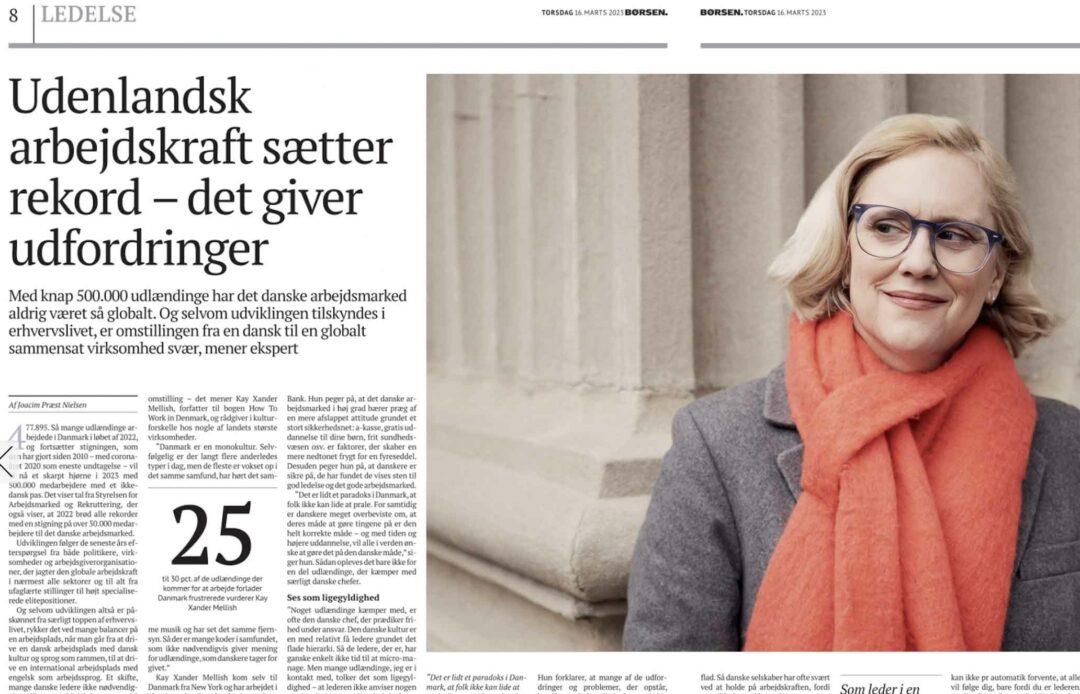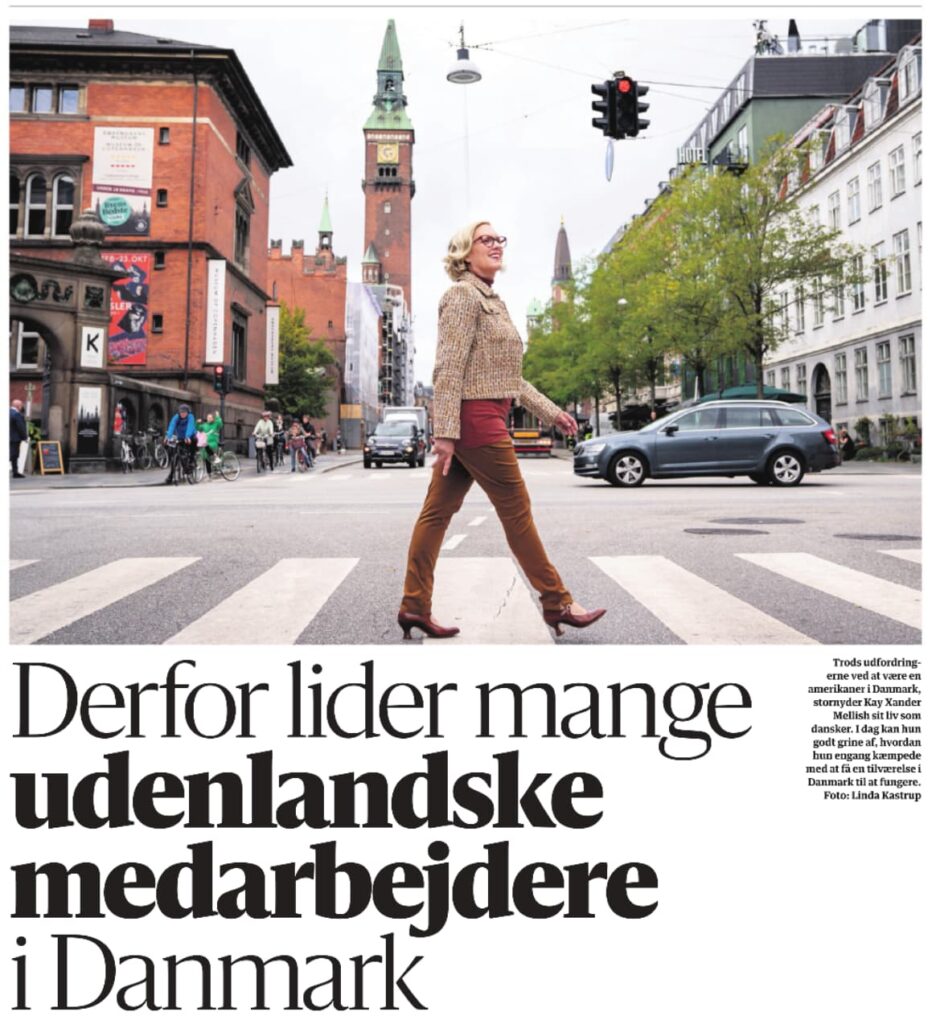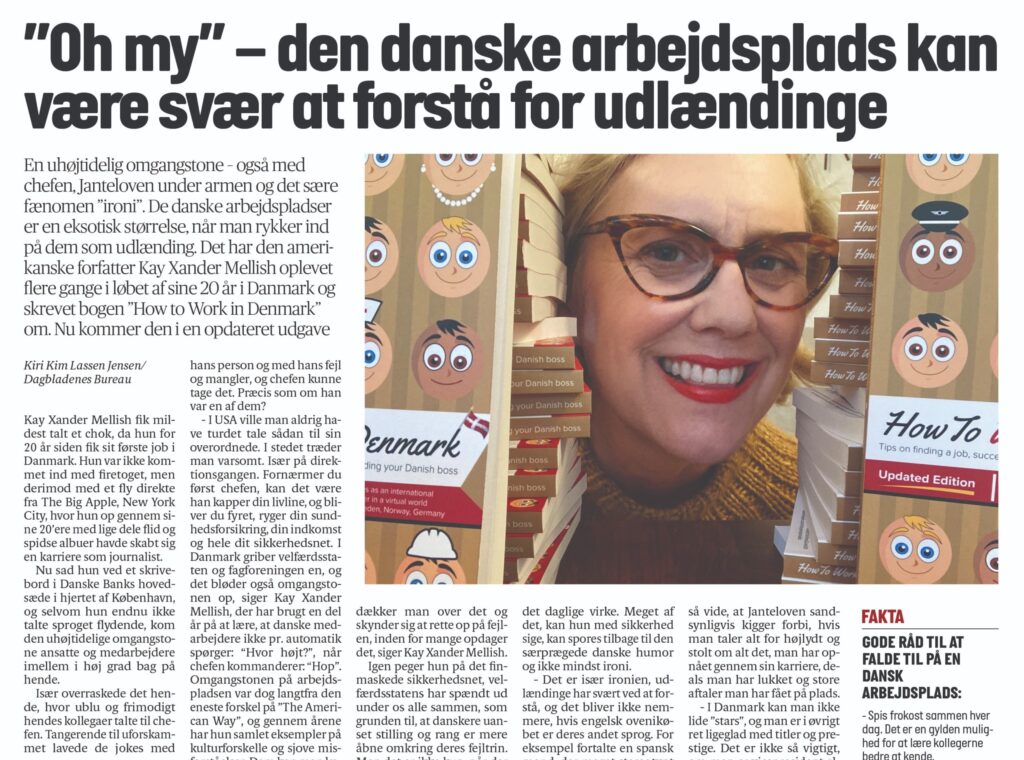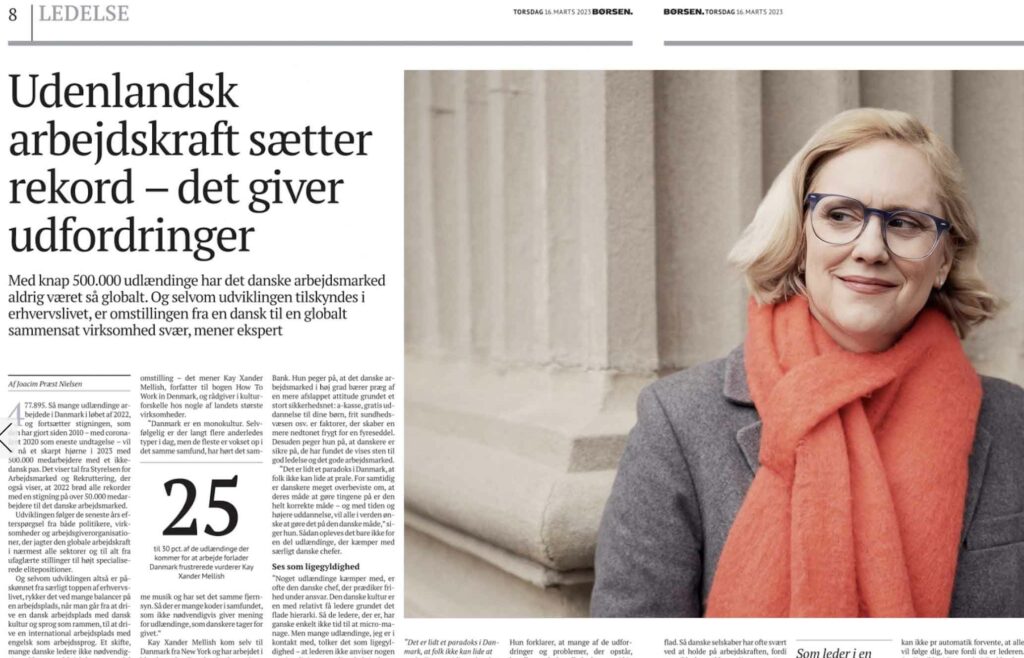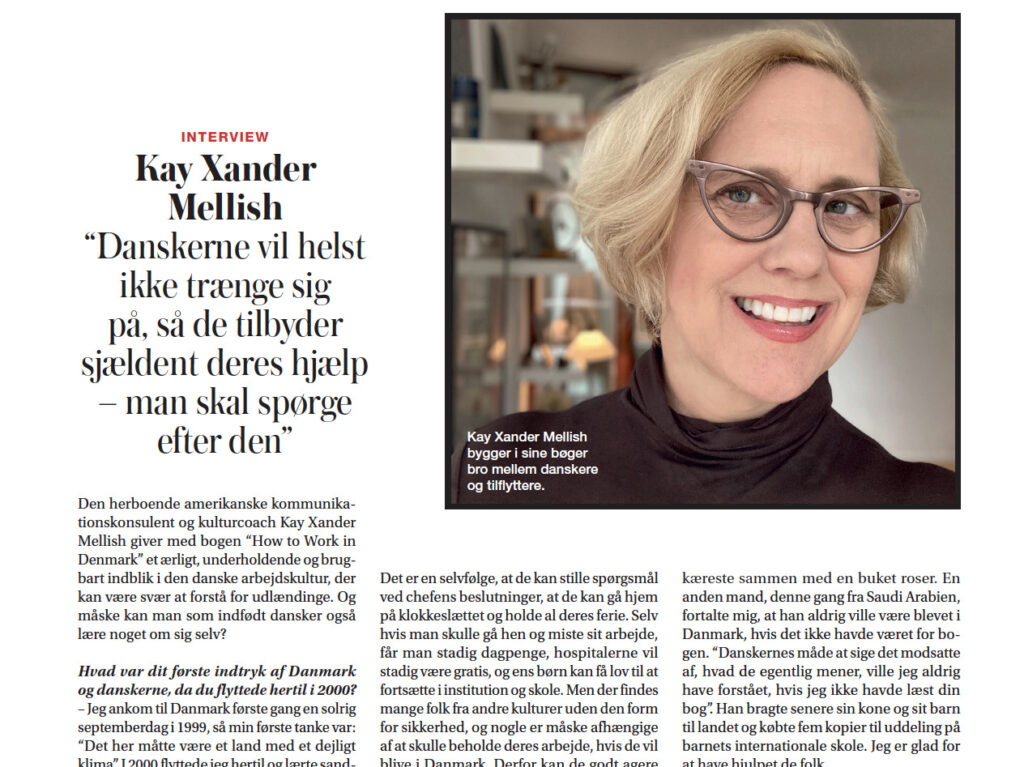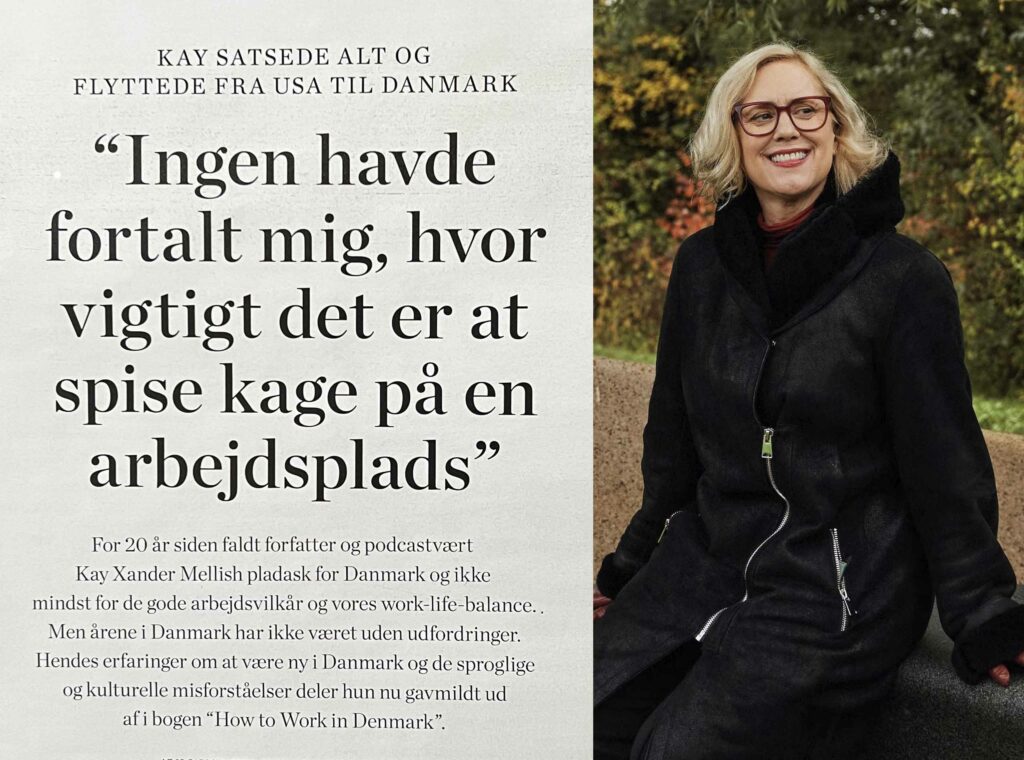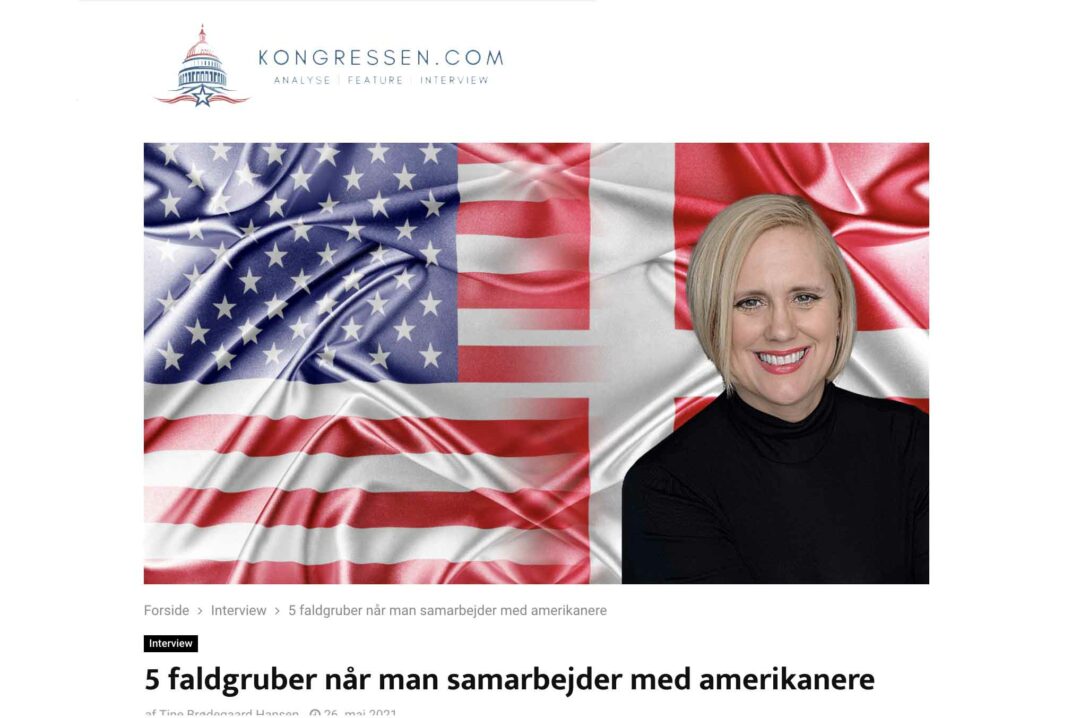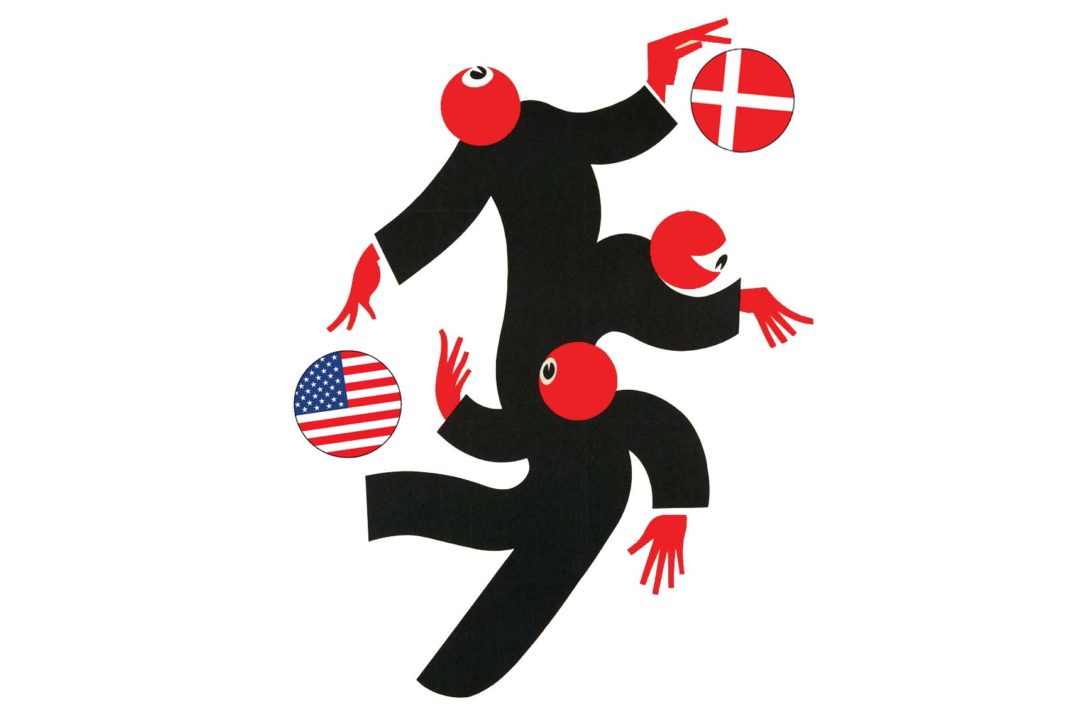Kay says: It’s hard to understand the Danish style of working without understanding the kvajebajer. This is a word that translates roughly to “failure beer.”
It dates all the way back to the Vikings, but I see that a Danish brewery just introduced a whole new selection of Failure Beer earlier this year. No, I’m not getting paid to advertise it.
A failure beer is something you provide to all your colleagues when they’ve just seen you make a foolish or avoidable mistake.
If it’s working hours, you might opt for a failure cake instead. For example, I had a client, a small tech firm, that was three days late with an important delivery. When they brought the delivery, they brought a failure cake along too.
Failure cake or failure beer is about an acceptance of human frailty. And it’s rooted in the Danish passion for equality. We’re all human, we all make mistakes, so let’s have a beer.
But this approach can be hard for internationals to handle. If you come from a very litigious society, like the USA, admitting that you made a mistake can make you feel like you’ll be the target of a lawsuit. Better to find someone else to blame.
Or if you come from an honor-based society, like China or Pakistan, you may feel that to admit you’ve made a mistake is a loss of face, a humiliation, a loss of honor.
But honor is not a big part of Danish culture. Surveys show that Denmark has the world’s lowest rate of gelotophobia, that is, fear of being laughed at.
The Danish way, if you’ve made a mistake, is to admit it, analyze what went wrong, plan to do it differently and, if time allows, buy everyone on your team a kvajebajer, or failure beer.
Book Kay for an in-person or virtual event: Read more.
See our video about how the 13 scale of grading affects Danish working culture.

